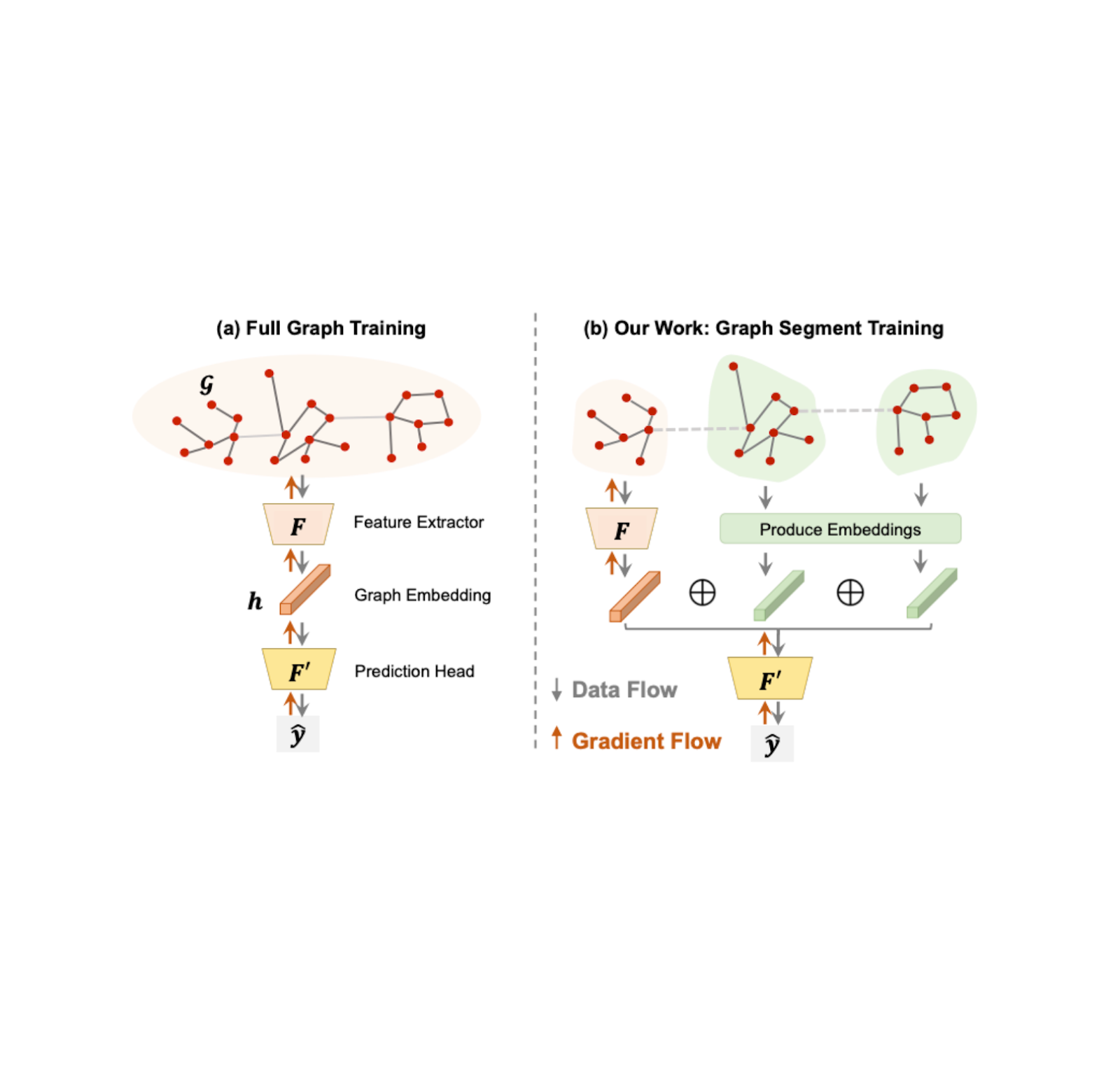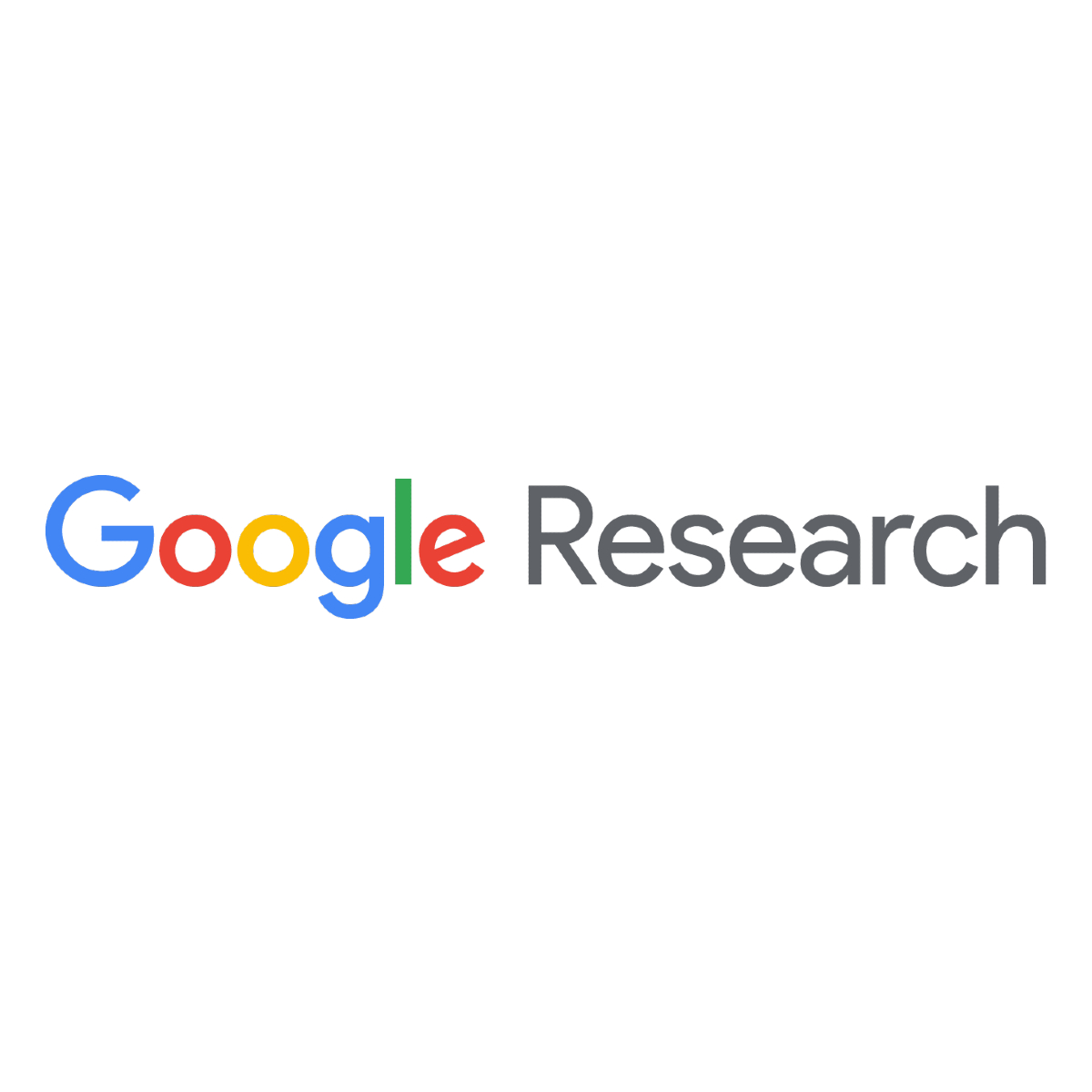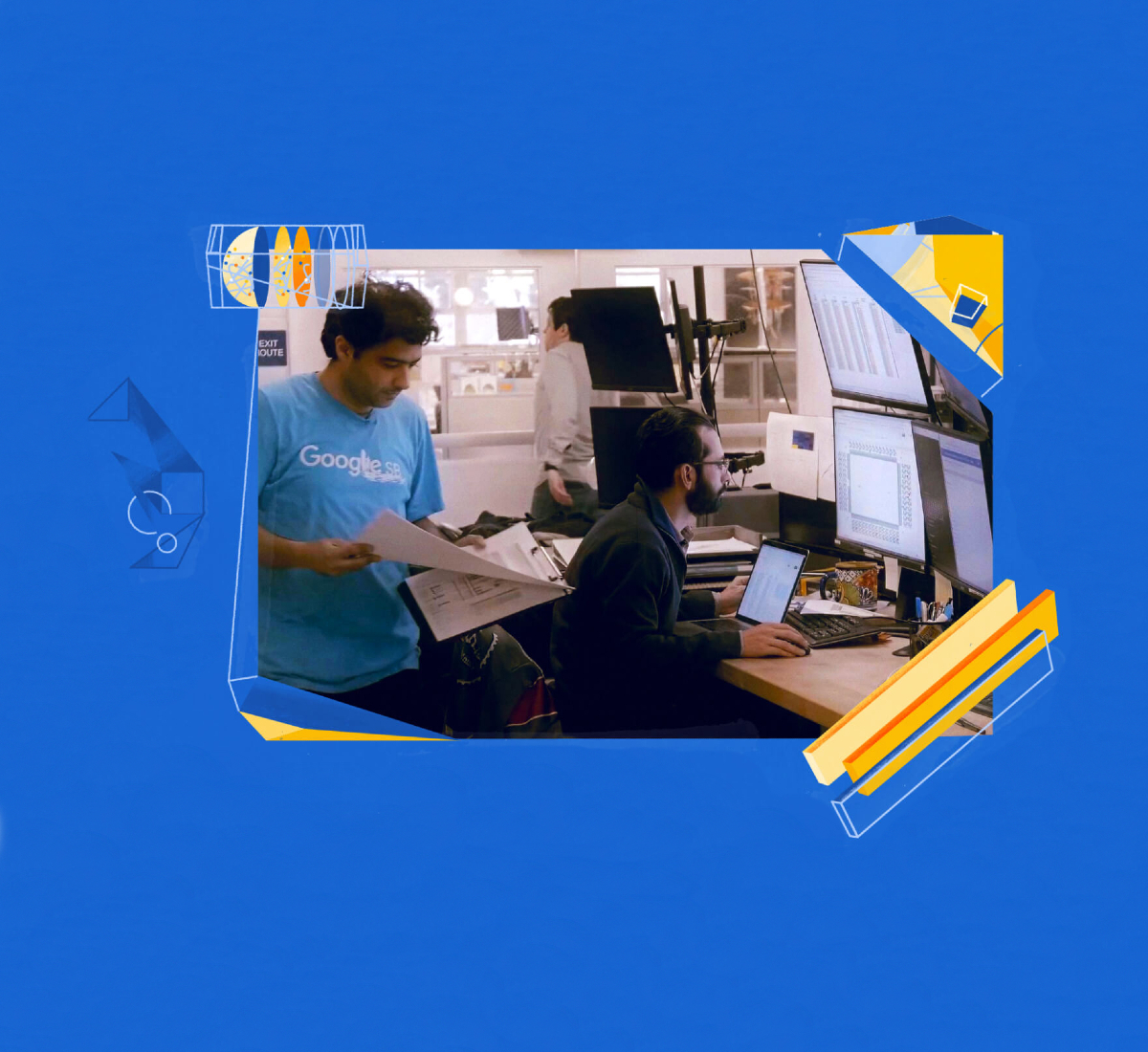
Our Commitment to Social Computing Research: Social Interactions Focused Awards Announcement
March 12, 2013
Ed H. Chi, Staff Research Scientist
Social interactions have always been an important part of the human experience. Social interaction research has shown results ranging from influences on our behavior from social networks [Aral2012] to our understanding of social belonging on health [Walton2011], as well as how conflicts and coordination play out in Wikipedia [Kittur2007]. Interestingly, social scientists have studied social interactions for many years, but it wasn’t until very recently that researchers can study these mechanisms through the explosion of services and data available on web-based social systems.
From information dissemination and the spread of innovation and ideas, to scientific discovery, we are seeing how a deep understanding of social interactions is affecting many different fields, such as health and education. For instance, scientists now have strong evidence that social interactions underlie many fundamental learning mechanisms starting from infancy well into adulthood [Meltzoff2009], and that peer discussions are critical in conceptual learning in college classes [Smith2009]. How might these learning science findings be built into social systems and products so that users maximize what they learn on the Web?
We know that interactions on the Web are diverse and people-centered. Google now enables social interactions to occur across many of our products, from Google+ to Search to YouTube. To understand the future of this socially connected web, we need to investigate fundamental patterns, design principles, and laws that shape and govern these social interactions.
We envision research at the intersection of disciplines including Computer Science, Human-Computer Interaction (HCI), Social Science, Social Psychology, Machine Learning, Big Data Analytics, Statistics and Economics. These fields are central to the study of how social interactions work, particularly driven by new sources of data, for example, open data sets from Web2.0 and social media sites, government databases, crowdsourcing, new survey techniques, and crisis management data collections. New techniques from network science and computational modeling, social network and sentiment analysis, application of statistical and machine learning, as well as theories from evolutionary theory, physics, and information theory, are actively being used in social interaction research.
We’re pleased to announce that Google has awarded over $1.2 million dollars to support the Social Interactions Research Awards, which are given to university research groups doing work in social computing and interactions. Research topics range from crowdsourcing, social annotations, a social media behavioral study, social learning, conversation curation, and scientific studies of how to start online communities.
We have awarded 15 researchers in 7 universities. We selected these proposals after a rigorous internal review. We believe the results will be broadly useful to product development and will further scientific research.
- Joseph Konstan, Loren Terveen, and John Riedl from University of Minnesota. Precision Crowdsourcing: Closing the Loop to turn Information Consumers into Information Contributors.
- Mor Naaman from Rutgers University, and Oded Nov from Polytechnic Institute of New York University. Examining the Impact of Social Traces on Page Visitors’ Opinions and Engagement.
- Paul Resnick, Eytan Adar, and Cliff Lampe from University of Michigan. MTogether: A Living Lab for Social Media Research.
- Marti Hearst from UC Berkeley. Understanding Social Learning Among Subgroups Within Large Online Learning Environments.
- David Karger and Rob Miller from MIT. Crowdsourced Curation of Conversations.
- Robert Kraut, Laura Dabbish, Jason Hong, Aniket Kittur from CMU. Successfully Starting Online Groups.
We look forward to working with these researchers, and we hope that we will jointly push the frontier of social interactions research to the next level.
References
[1] Aral, S., & Walker, D. (2012). Identifying Influential and Susceptible Members of Social Networks. Science , 337 (6092 ), 337–341. doi:10.1126/science.1215842
[2] Walton, G. M., & Cohen, G. L. (2011). A Brief Social-Belonging Intervention Improves Academic and Health Outcomes of Minority Students. Science , 331 (6023 ), 1447–1451. doi:10.1126/science.1198364
[3] Aniket Kittur, Bongwon Suh, Bryan Pendleton, Ed H. Chi. He Says, She Says: Conflict and Coordination in Wikipedia. In Proc. of ACM Conference on Human Factors in Computing Systems (CHI2007), pp. 453--462, April 2007. ACM Press. San Jose, CA.
[4] Meltzoff, A. N., Kuhl, P. K., Movellan, J., & Sejnowski, T. J. (2009). Foundations for a New Science of Learning. Science , 325 (5938), 284–288. doi:10.1126/science.1175626
[5] Smith, M. K., Wood, W. B., Adams, W. K., Wieman, C., Knight, J. K., Guild, N., & Su, T. T. (2009). Why Peer Discussion Improves Student Performance on In-Class Concept Questions. Science , 323 (5910), 122–124. doi:10.1126/science.1165919
-
Labels:
- Programs


